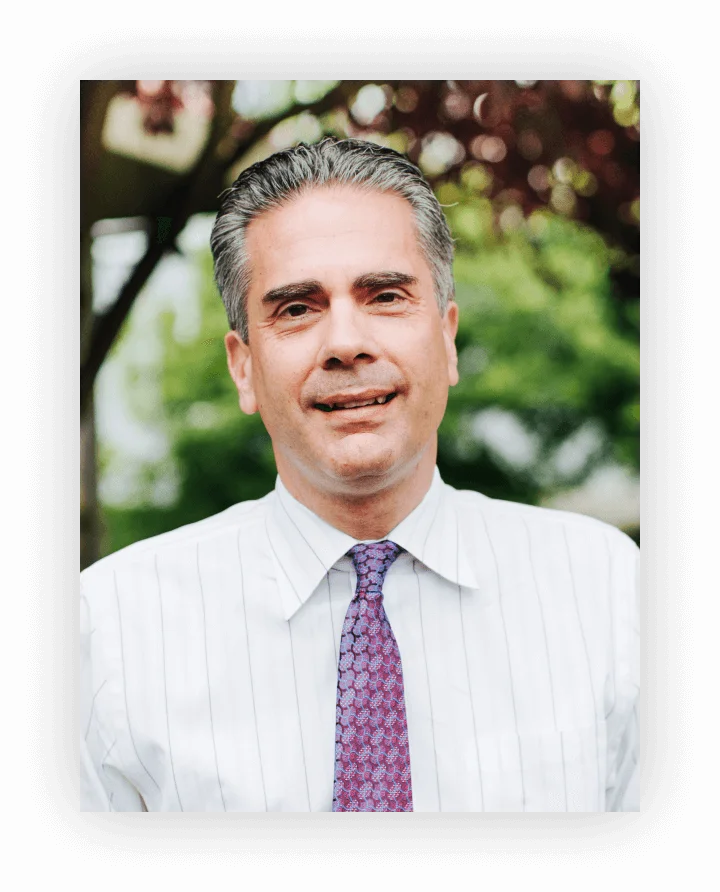
Dr. Paul Conti
Dr. Paul Conti is adept at helping people untangle complex problems – and he also happens to be a psychiatrist. Dr. Conti incorporates a holistic view of each client or patient into his work, knowing the far-reaching impacts trauma can have upon the systems and communities in which an individual resides, works, and serves. In addition to clinical treatment, he provides personal, business, and legal consulting services. Dr. Conti is a graduate of Stanford University School of Medicine. He completed his training at Stanford and Harvard, where he served as Chief Resident. Dr. Conti is the author of Trauma: The Invisible Epidemic, a book that brings his valuable insights about how we can collectively heal from trauma’s effects to a larger audience.
Exploring the Unconscious Mind for Personal Growth
In the enlightening conversation between Dr. Paul Conti and Andrew Huberman, the emphasis was placed on the significance of delving into our unconscious minds. They likened understanding one’s past to a sprinter’s awareness of their starting blocks, suggesting that comprehending our history is pivotal for propelling us forward in life. This exploration is not just a journey into past events but a deep dive into the emotions and motivations that drive our current behaviors.
Understanding Defense Mechanisms
Another key area of discussion was the role of defense mechanisms in our lives. Dr. Conti and Huberman delved into how these mechanisms can serve both protective and potentially harmful roles. They stressed the importance of recognizing these mechanisms in ourselves, as this awareness can lead to healthier coping strategies and improved mental well-being. The conversation highlighted that while some defense mechanisms are necessary for our psychological protection, an overreliance on them can hinder our emotional growth and understanding of self.
The Impact of Self-Awareness
Self-awareness was highlighted as a cornerstone of personal growth and mental health. The podcast delved into how self-awareness allows us to understand our place in the world and our reactions to it. This self-awareness is not a static state but a continuous process that evolves as we grow and face new challenges. By fostering self-awareness, we gain the ability to make more informed decisions and react to life’s challenges in healthier ways.
The Value of Introspection
Finally, the importance of introspection was discussed. Introspection, as pointed out in the podcast, is like nurturing a garden – it requires regular attention and care. This process involves not just thinking about our actions and reactions but also considering the underlying reasons for them. Through introspection, we can uncover hidden aspects of our psyche, leading to a deeper understanding of ourselves and improved mental health.
Navigating the Complexities of the Unconscious Mind
In this segment of the podcast, Dr. Paul Conti and Andrew Huberman delve deeper into the complexities of the unconscious mind. They discuss the importance of bringing unconscious thoughts and emotions to the conscious mind for better self-understanding and mental health. The conversation illuminates how exploring our past experiences and emotional responses can lead to a more profound understanding of our current behaviors and motivations.
The Role of Defense Mechanisms in Personal Development
A significant focus of the discussion is on defense mechanisms. Dr. Conti and Huberman explore how these mechanisms, while often serving as protective barriers, can also hinder personal growth if not properly understood and managed. They emphasize the need to become aware of these mechanisms and how they manifest in our lives, allowing for healthier coping strategies and emotional responses.
Self-Awareness and Its Impact on Mental Well-being
The podcast highlights the pivotal role of self-awareness in mental health. Self-awareness is portrayed not just as an understanding of one’s actions but also as an insight into the underlying reasons for these actions. By cultivating self-awareness, individuals can make more informed decisions, leading to improved mental health and overall well-being.
Introspection: A Key to Unlocking Personal Growth
The value of introspection is another critical theme in this part of the podcast. Dr. Conti and Huberman suggest that regular introspection is akin to nurturing a garden, requiring constant care and attention. This process involves not only reflecting on our actions and reactions but also understanding the deeper motivations behind them, which can lead to significant personal growth and improved mental health.
The Complexity of Self-Awareness and Behavioral Patterns
Dr. Conti and Huberman delve into the intricacies of self-awareness, discussing how conscious reflection and understanding of one’s behavior patterns can lead to significant personal growth. They emphasize the need for recognizing and changing maladaptive patterns, highlighting the role of self-awareness in fostering healthier behavioral choices.
Addressing Anger and Emotional Regulation
A significant portion of the conversation centers around understanding and managing emotions, especially anger. Dr. Conti explains the difference between affect, feeling, and emotion, emphasizing the importance of recognizing and dealing with anger in a healthy way. The discussion provides insights into how better self-care and understanding can lead to decreased arousal of negative emotions like anger.
The Role of Social Connections in Personal Growth
Another key theme is the importance of choosing healthy social connections. Both speakers touch upon the influence of our social environment on our mental health and personal growth journey. They stress the value of surrounding oneself with positive influences and support systems, whether in real life or online communities.
Empowerment, Humility, and the Generative Drive
Towards the end of the podcast, the focus turns to the concepts of empowerment and humility. Dr. Conti articulates how these states, when combined with agency and gratitude, can lead to a fulfilling life. The discussion also explores the generative drive, a central concept in Dr. Conti’s approach, emphasizing the importance of creative and proactive engagement with life.
